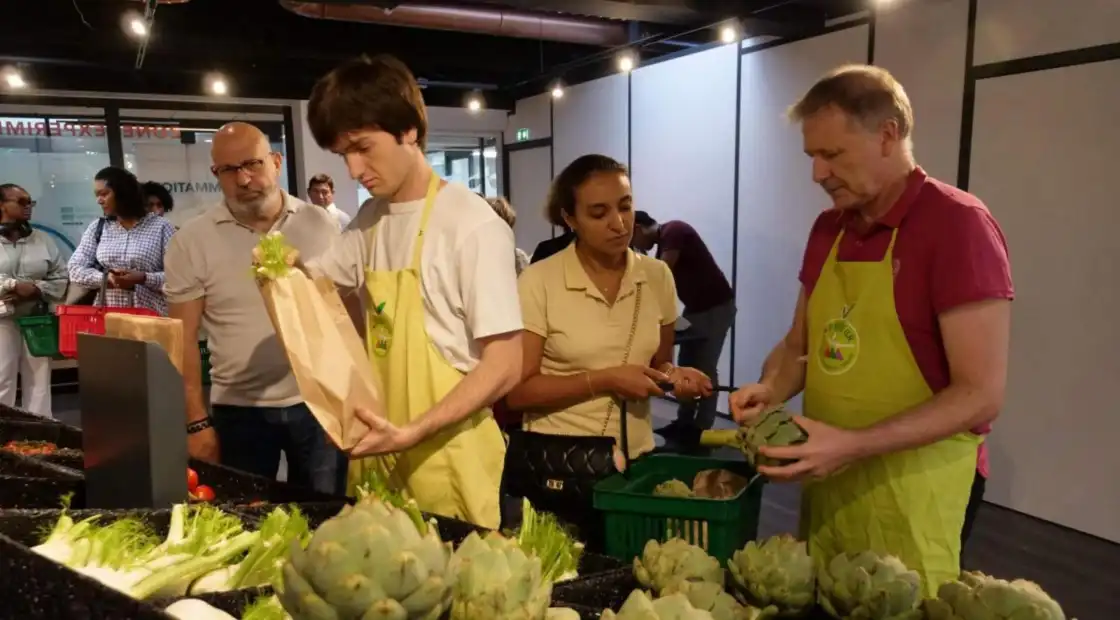Building and enhancing the fruit and vegetable offer: market analysis and sales strategy

Demand trends and consumer behavior
This talk, presented at SIVAL 2025 by CTIFL, highlighted the dynamics of the fruit and vegetable market. Consumption of these products is evolving, influenced by prices, habits and socio-economic constraints. Volumes sold are falling, despite rising prices, confirming a trend in which rising costs are offsetting falling quantities purchased.
The penetration rate for fruit and vegetables remains stable, indicating that the majority of consumers continue to buy them. However, disparities appear between species. Avocados, whose market share has doubled in a decade, contrast with others such as apples and chicory, which are losing their appeal. Purchasing channels are also evolving, with an increase in the reported use of farmers' markets and stores. However, actual sales suggest that these channels account for only a small proportion of transactions.
Offer analysis and market transformation
Research carried out by CTIFL has enabled us to analyze the in-store offer and identify major changes. An increase in the number of references has been noted, particularly for ribbed and cherry tomatoes, indicating a diversification in response to consumer expectations. The evolution of packaging is marked by the gradual disappearance of plastics in favor of alternative materials, in compliance with new regulations.
In-store surveys show a reduction in plastic net packaging and an increase in cardboard or cellulose packaging. These transformations are accompanied by new assortment management, with products from different origins available at previously unusual times, overturning the notion of sales seasonality. Trend monitoring reveals a growing demand for products with stable year-round availability, such as avocados and bananas.
Factors influencing purchasing behavior
Consumers are sensitive to various criteria when making their purchases, such as freshness, firmness and product origin. The impact of temperature on choices is well established: summer fruits sell better in warmer climates, while winter products are preferred when temperatures drop. Climatic variations therefore have a direct influence on the market and modify purchasing preferences.
Packaging and its perception also play a key role. A study on alternative packaging has shown that paper-cardboard materials are better perceived than expected, although consumers prefer transparent solutions that allow them to see the products. CTIFL 's research findings thus indicate that the transition to sustainable alternatives is perceived positively, but still requires adjustments to meet expectations in terms of quality and visibility.
STAKEHOLDERS
Valérie MERENDET: Researcher / Teacher - CTIFL
Jérôme TISSERAND: Engineer - CTIFL
Daniela LIMA RENTE: Economic studies officer - CTIFL